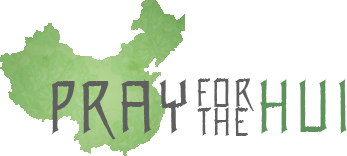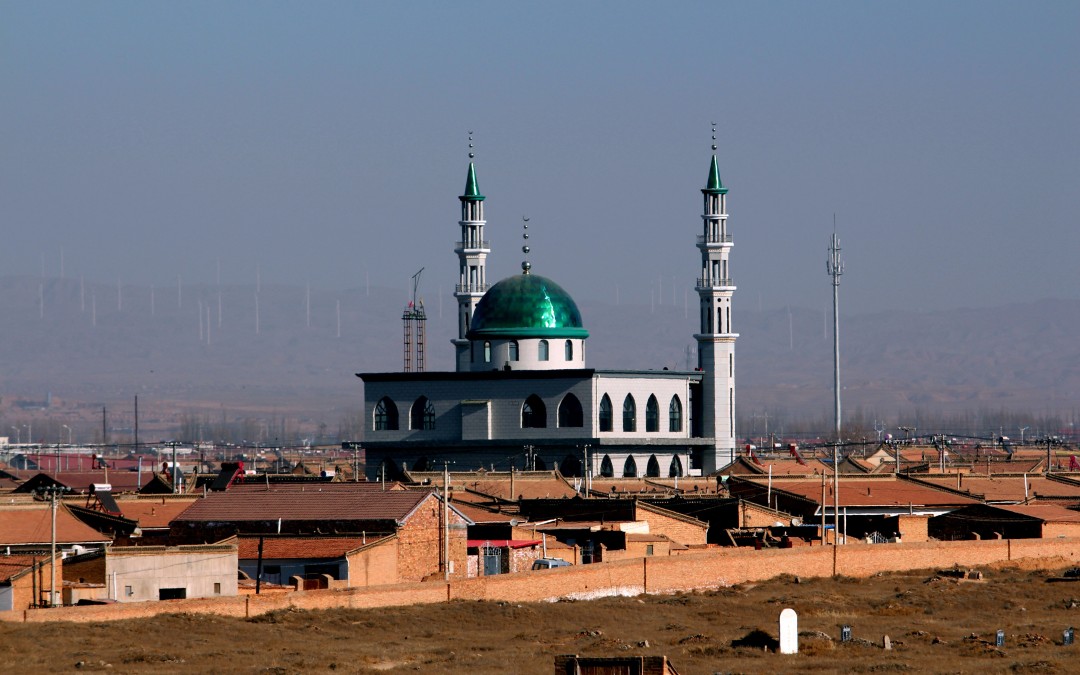Ningxia is home to about six million people, which is about the same as many cities in China – But Ningxia isn’t a city; it’s the Hui Autonomous Region in northwest China, between Gansu and Shaanxi provinces. For decades it has been one of the poorest regions in China, a place people try to escape, and if it weren’t for the Yellow River, the region would be a completely dry, desolate desert.
Despite this, however, during the last decade the reputation of Ningxia has begun to change. Many local Ningxia people still desire to leave, but many outsiders are traveling to Ningxia for the business opportunities that are developing. More and more tourists are also visiting the ancient historical sites that display the rich history of Ningxia.
A thousand years ago, Ningxia was a Buddhist area and the location of the capital city of the XiXia dynasty. During the years when the Silk Road flourished, a Nestorian church was established in southern Ningxia. The Silk Road was also the route for the entrance of Islam into China and Ningxia. While Ningxia has a diverse religious history, Islam dominates today and is the catalyst for business opportunities in Ningxia, which serves as China’s bridge to the Arab world.
You can find a mosque in every city in Ningxia and in almost all villages. It seems like some cities have a mosque on every corner with Islamic training schools and Arabic language centers opening everywhere as well. The influence of Islam is growing.
Hui people in Ningxia have varying views of Islam and varying religious beliefs. In Yinchuan, the capital city, some Hui choose not to identify themselves as Hui people. Islam is just a part of their cultural heritage and is not actually something they themselves believe. They do not celebrate Muslim holidays and rarely go to the mosque.
Other Hui in Yinchuan are especially devout. They may have well-paying, demanding jobs, but they still find a way to pray five times a day, and many still fast every day during Ramadan even while working long hours.
As one travels into farmlands and smaller cities, Hui people are more identifiable; headscarves and caps are more abundant, and there are more people walking to local mosques. In these areas, most people who identify as Hui or Muslim do so because it’s part of their heritage. Though many don’t understand the daily prayers or the main tenets of Islam, they can’t imagine not being Muslim. Turning from Islam would shame their parents, grandparents and all of their ancestors.
When you think about and pray for Ningxia, consider that there are more than two million Hui scattered throughout the region. More than half live in the poorest areas of the region and work as farmers, shepherds or manual laborers. Most hope that just being Hui will be enough to get them into heaven one day.
It’s unlikely that even one percent of the Hui people in Ningxia have heard the Gospel, and it’s also unlikely that even two percent of the province’s entire population has ever heard the Gospel. Keep the people of Ningxia in your prayers; pray that the Holy Spirit will move mightily in Ningxia, among all peoples. Pray that God will call and send workers into His harvest there and provide opportunities for thousands of people to hear the Gospel this year.


Praying